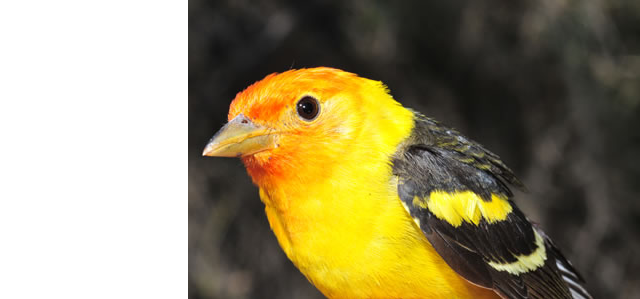
Biology Faculty & Staff Publications
Document Type
Article
Publication Date
1-1-2004
Abstract
Body size and temperature are the two most important variables affecting nearly all biological rates and times, especially individual growth or production rates. By favoring an optimal maturation age and reproductive allocation, natural selection links individual growth to the mortality schedule. A recent model for evolution of life histories for species with indeterminate growth, which includes most fish, successfully predicts the numeric values of two key dimensionless numbers and the allometry of the average reproductive allocation versus maturation size across species. Here we use this new model to predict the relationships of age-at-maturity, adult mortality and reproductive effort to environmental temperature and maturation size across species. Age-at-maturity, adult mortality and the proportion of the body mass given to reproduction per year are predicted to show 60.25 power allometries with mass at maturity, and an exponential (Boltzmann) temperature dependence. Temperature is assumed to affect only body size growth, so the temperature linkages of maturation, mortality and reproductive effort are indirect via life history optimization; this is briefly contrasted with the idea that (for example) temperature directly affects mortality.
Publisher
Integrative and Comparative Biology
Volume
44
First Page
494
Last Page
497
Language (ISO)
English
Keywords
fish, temperature, life histories, dimensionless numbers, allometry, body size
Recommended Citation
Charnov, E.L. and J.F. Gillooly. 2004. Size and temperature in the evolution of fish life histories. Integrative and Comparative Biology 44:494-497
